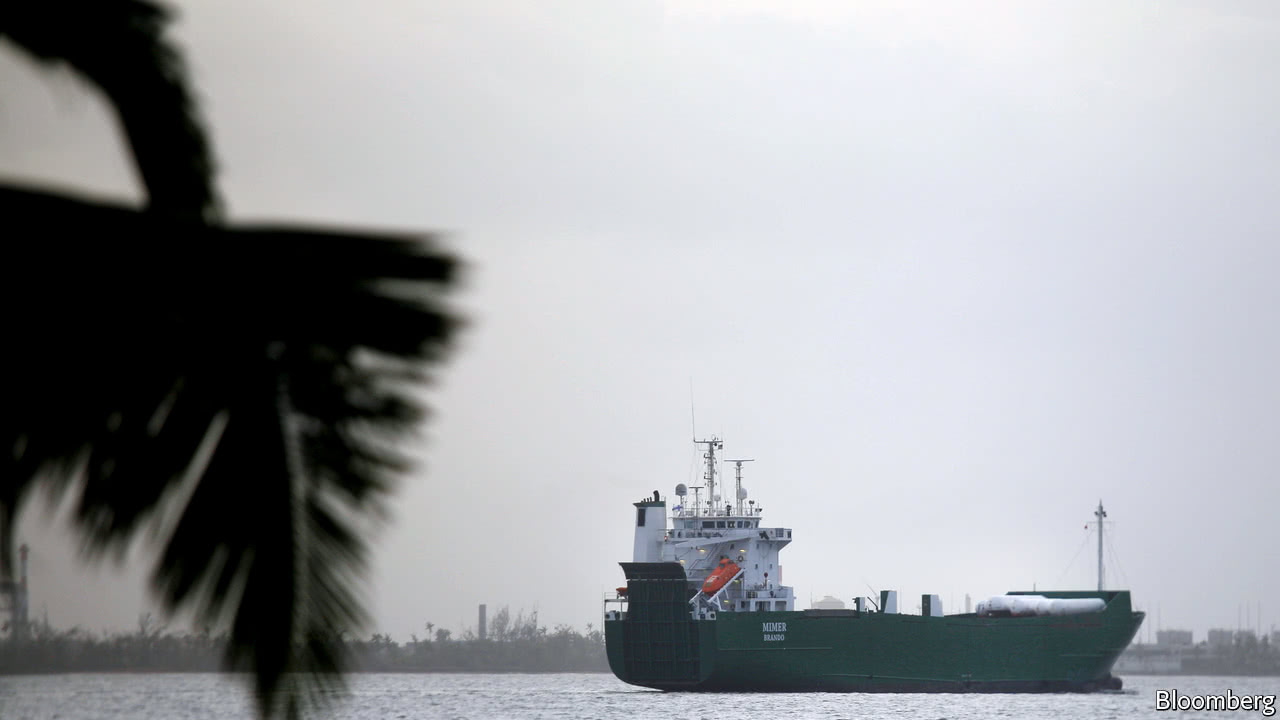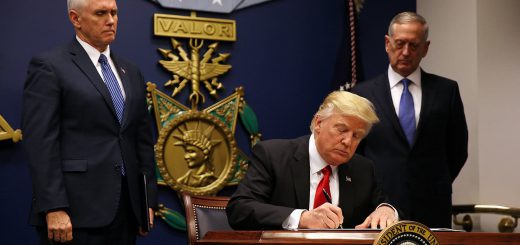How protectionism sank America’s entire merchant fleet
IN APRIL 1956 the world’s first container ship—the Ideal X—set sail from New Jersey. A year later in Seattle the world’s first commercially successful airliner, Boeing’s 707, made its maiden flight. Both developments slashed the cost of moving cargo and people. Boeing still makes half the world’s airliners. But America’s shipping fleet, 17% of the global total in 1960, accounts for just 0.4% today.
Blame a 1920 law known as the Jones Act, which decrees that trade between domestic ports be carried by American-flagged and -built ships, at least 75% owned and crewed by American citizens. After Hurricane Irma, a shortage of Jones-Act ships led President Donald Trump on September 28th to waive the rules for ten days to resupply Puerto Rico. This fuelled calls to repeal the law completely.
Like most forms of protectionism, the Jones Act hits consumers hard. A lack of foreign competition drives up the cost of coastal transport….









